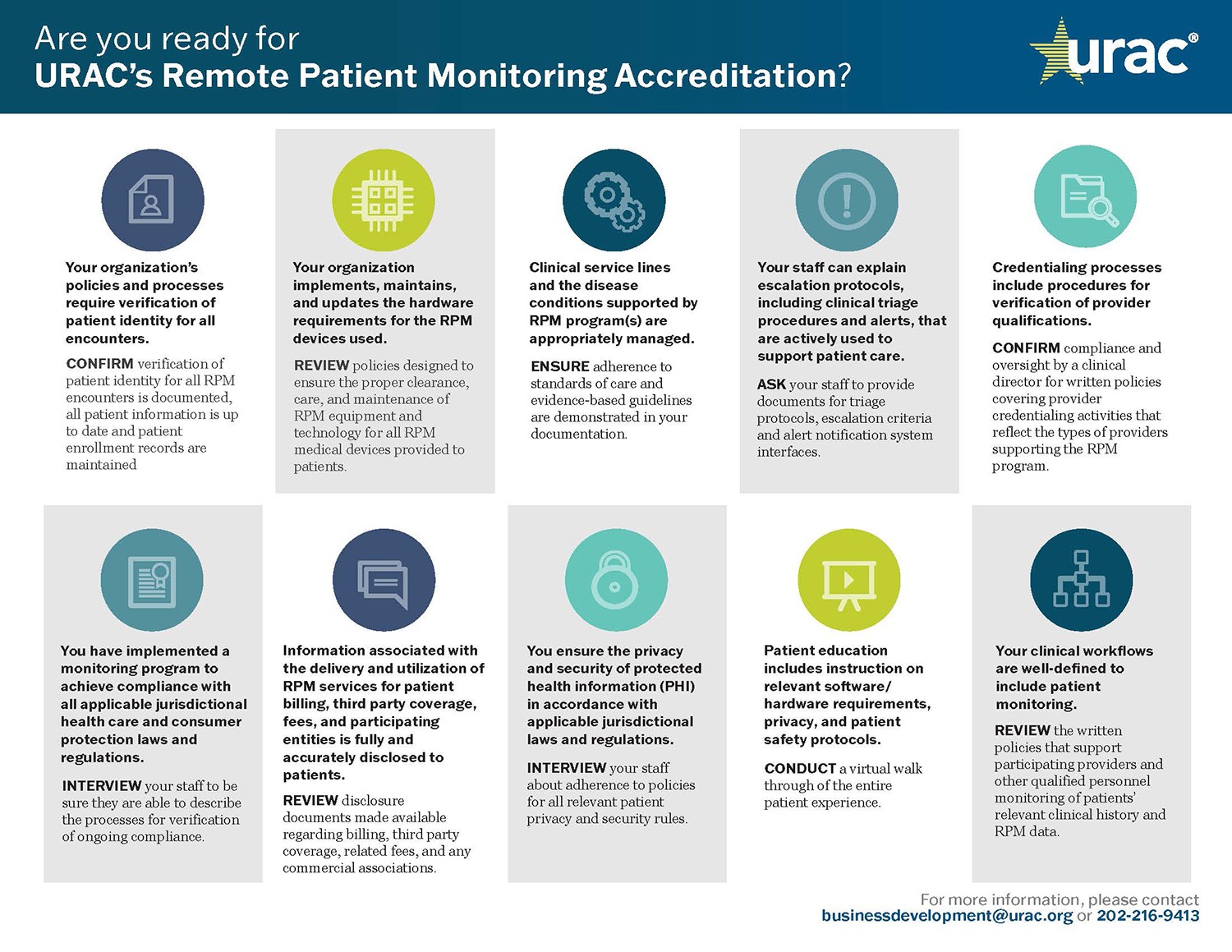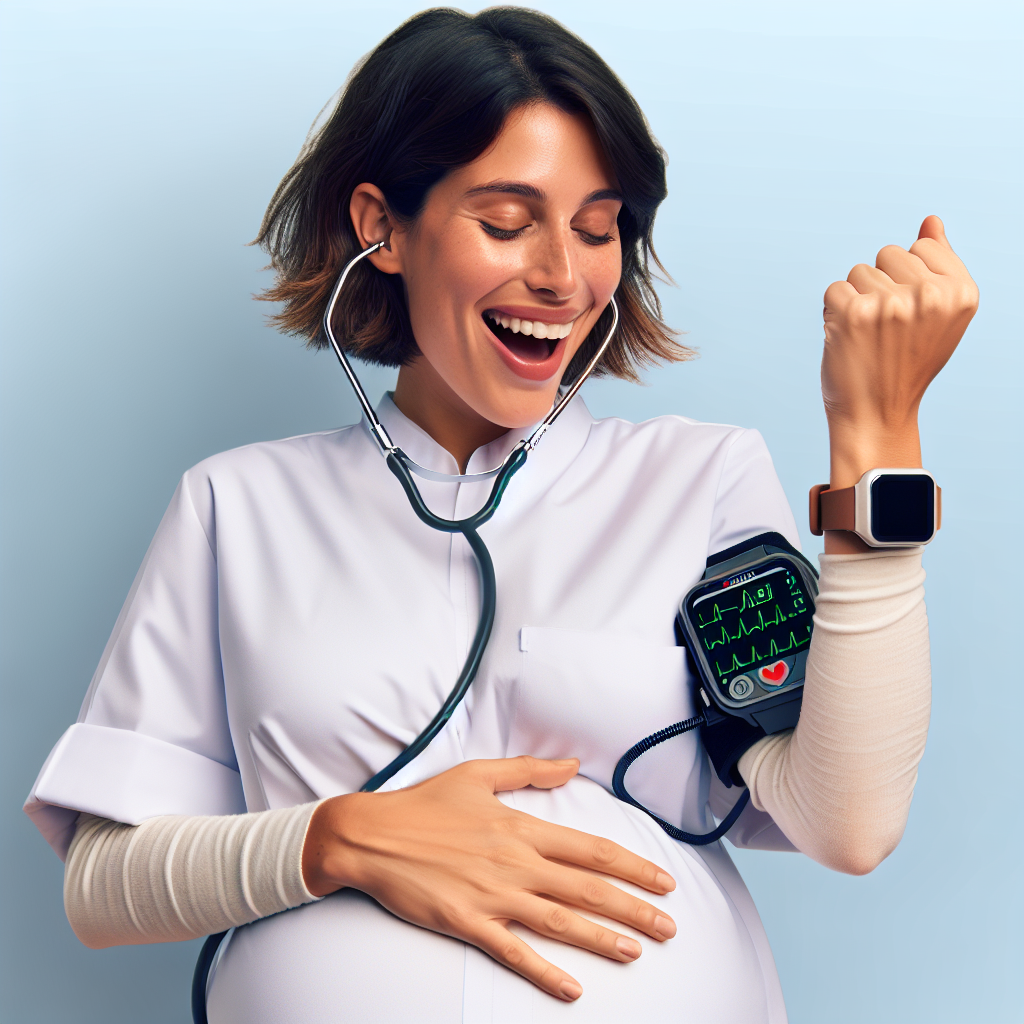
The Apple Watch: A Game-Changer for Expecting Mothers and More
The Strength of Wearable Tech
In a time when technology is intricately integrated into our everyday existence, devices such as the Apple Watch have evolved from simple fitness trackers to indispensable health-monitoring gadgets. The Apple Watch, in particular, has become well-known for its capacity to furnish users with vital health information, potentially safeguarding lives. A striking instance of this life-saving capability comes from a pediatric cardiologist in California, Rachel Manalo, who credits her Apple Watch with preserving her life and that of her unborn child.
A Cardiologist’s Account: The Apple Watch Uncovers a Critical Condition
Rachel Manalo, a pediatric cardiologist, encountered a troubling series of symptoms during her pregnancy in 2022. By the time she was 18 weeks along, she became aware of her heart racing excessively, coupled with fatigue, breathlessness, and dizziness. Despite her medical background, Manalo found herself puzzled by these indicators and opted to consult her Apple Watch for insight.
Utilizing the Apple Watch’s EKG capability, Manalo logged her heart’s activity. The device, which can identify irregular heart signals, returned an “inconclusive” result and urged her to seek medical advice. After consulting with her doctor, Dr. Tina Nguyen, additional tests showed that Manalo’s heart rate was alarmingly elevated—150 beats per minute, significantly higher than the standard range of 60-100 bpm. Left unaddressed, this condition could have resulted in a heart attack, particularly given Manalo’s pregnancy.
The Significance of the EKG Function in the Apple Watch
The EKG feature in the Apple Watch, launched with the Series 4 model in 2018, represented a landmark development in consumer health technology. It became the first over-the-counter EKG device accessible directly to consumers, enabling users to capture a 30-second electrocardiogram by merely pressing a finger on the watch’s crown. This function can spot indicators of atrial fibrillation (AFib), a prevalent form of irregular heart rhythm that can result in severe complications if untreated.
In Manalo’s situation, the Apple Watch’s EKG capability alerted her to a potentially life-threatening condition, motivating her to seek timely medical intervention. As Dr. Nguyen expressed, “That type of heart issue, without intervention, can lead to a heart attack, particularly considering she was pregnant.”
The Necessity of Professional Medical Assessment
While wearable gadgets like the Apple Watch offer invaluable insights, it’s crucial to keep in mind that raw data is not equivalent to a diagnosis. As Dr. Nguyen pointed out, “Raw data is not a diagnosis, right? It’s just symptoms.” Wearable technology can highlight possible issues, but consulting healthcare professionals for appropriate diagnosis and treatment is essential. In Manalo’s situation, the data from her Apple Watch resulted in an emergency cesarean section at 34 weeks, necessary to safeguard both her and her baby’s health.
The Wider Influence of Wearable Health Technology
Manalo’s experience is merely one of many instances where wearable technology has been instrumental in improving health outcomes. As these devices grow increasingly advanced, they are being embraced by healthcare practitioners who appreciate the continuous, real-time data they provide. Dr. Nguyen, who also focuses on health informatics, promotes the use of wearable devices like Fitbits, OURA rings, and naturally, Apple Watches among her patients. “Having someone’s blood pressure and heart rate at home can significantly alter their pregnancy experience from the very first visit,” she remarks.
Conclusion
The EKG capability of the Apple Watch, alongside its various health-monitoring functions, has proven to be far more than just a fitness accessory. It holds life-saving potential, as demonstrated by Rachel Manalo’s journey. Although wearable technology should not substitute for professional medical counsel, it acts as a formidable ally to traditional healthcare by supplying users and physicians with essential data that can lead to early detection and prompt intervention. As technology continues to advance, it is anticipated that wearable devices will take on an even deeper role in healthcare, empowering users to manage their well-being while assisting medical professionals with critical insights.
Q&A: Frequently Asked Questions About the Apple Watch and Its Health Functions
Q: How does the Apple Watch’s EKG feature function?
A: The Apple Watch’s EKG feature allows users to perform a 30-second electrocardiogram by placing a finger on the watch’s crown. This creates a circuit with built-in electrodes, which measure the electrical impulses from the heart. The results are then analyzed to identify signs of atrial fibrillation (AFib) or other irregular heart rhythms.
Q: Can the Apple Watch diagnose health conditions?
A: No, the Apple Watch cannot diagnose health conditions. It supplies data that may highlight potential issues, but a qualified healthcare professional must interpret the findings and make a diagnosis.
Q: What should I do if my Apple Watch detects an irregular heart rhythm?
A: If your Apple Watch indicates an irregular heart rhythm or provides an “inconclusive” result, it’s crucial to seek medical advice. Consult your healthcare provider to analyze the data and undergo further testing if needed.
Q: Are there additional health functionalities on the Apple Watch?
A: Yes, the Apple Watch includes a range of health features, such as heart rate monitoring, blood oxygen level assessment, sleep tracking, and fall detection. These functions work collaboratively to create a holistic view of your health.
Q: Is the EKG feature available on all Apple Watch versions?
A: The EKG feature is accessible on Apple Watch Series 4 and subsequent models. It launched in 2018 and has since become a significant selling point for the device.
Q: How accurate is the Apple Watch’s EKG?
A: The Apple Watch’s EKG is generally reliable for detecting atrial fibrillation (AFib) and other irregular heart rhythms. However, it does not replace a clinical EKG conducted by a healthcare professional. It is intended as a screening tool that provides initial data.
For more information on the Apple Watch and other wearable technologies, visit Lonelybrand’s guide to Apple headphones and wearables.